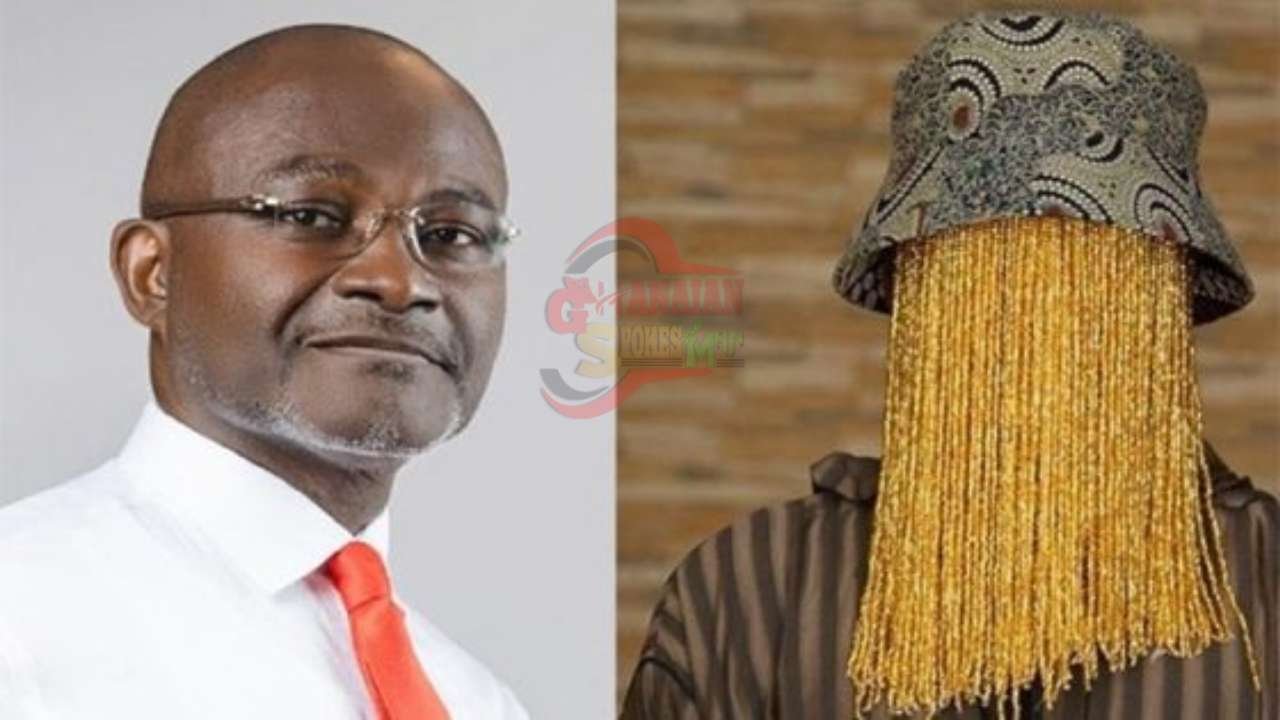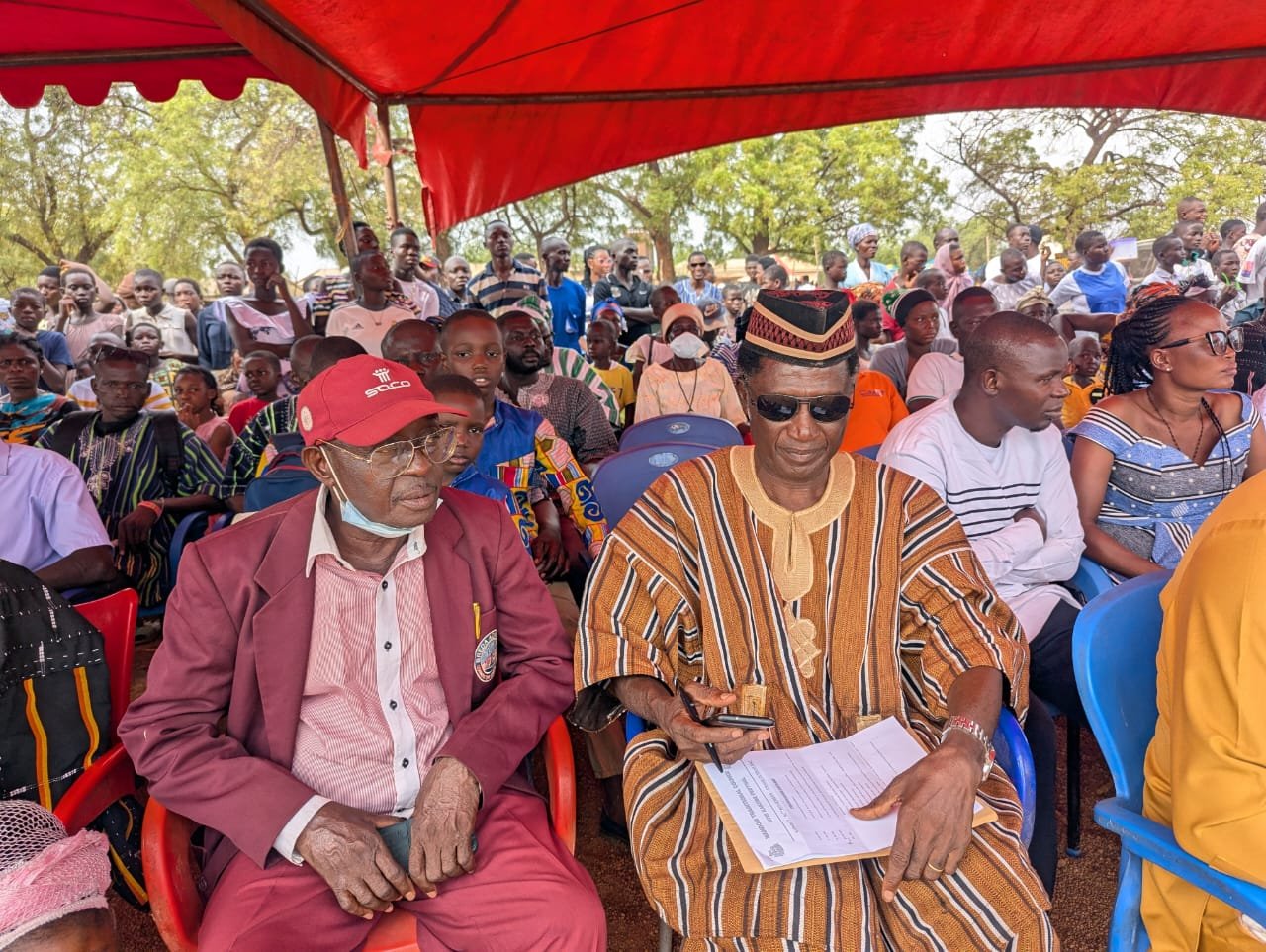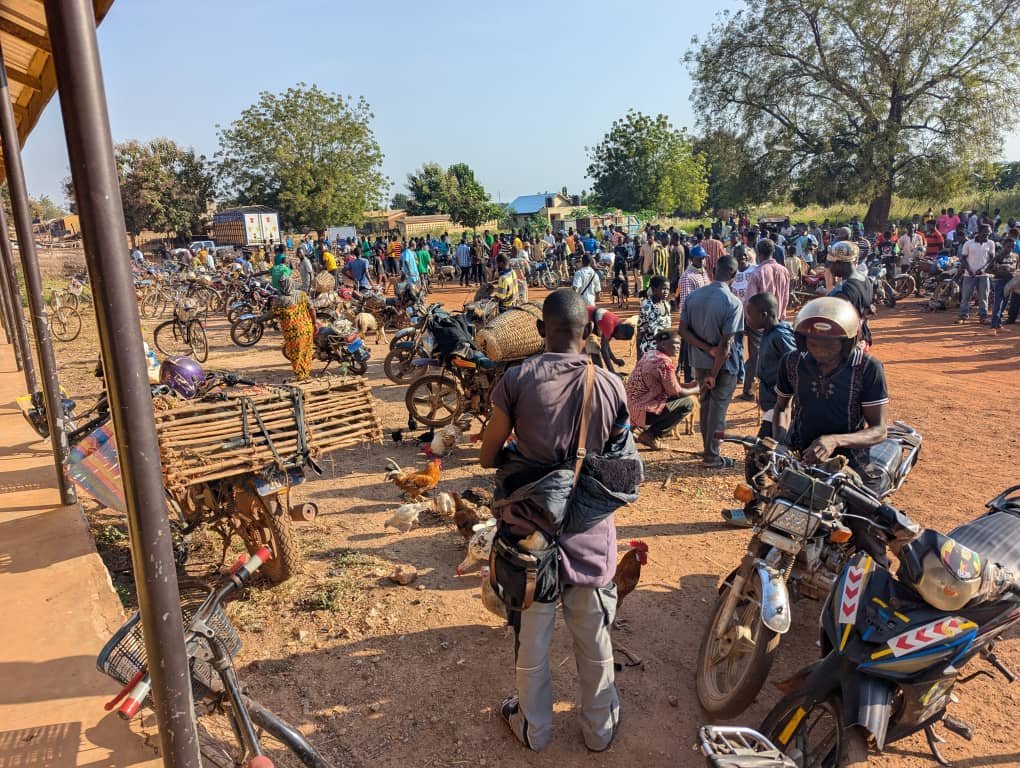In a landmark decision on March 18, 2025, the Superior Court of New Jersey awarded investigative journalist Anas Aremeyaw Anas $18 million in damages in a defamation lawsuit against former Ghanaian Member of Parliament Kennedy Agyapong.
The legal dispute originated from statements made by Kennedy Agyapong, in which he accused Anas of various criminal activities, including involvement in the murder of fellow journalist, Ahmed Suale and labeling Anas as a thief. These allegations were disseminated through multiple media channels, prompting Anas to file a defamation lawsuit in the United States, where some of the publications occurred.
After deliberations, an eight-member jury in Essex County, New Jersey, found Kennedy Agyapong liable for defamation. The court’s decision underscored the importance of protecting individual reputations against unfounded accusations, especially those propagated through mass media.
Following the court’s decision, Anas expressed his satisfaction, stating that the ruling was a “resounding affirmation that falsehood and character assassination have no place in our society.” He emphasized that the verdict serves as a crucial step in Ghana’s democratic journey and reinforces the significance of upholding truth and integrity.
This U.S. court ruling contrasts with a prior legal encounter between the two parties in Ghana. In 2018, Anas filed a defamation suit against Agyapong in the Accra High Court. However, in March 2023, the court dismissed Anas’s suit, with the presiding judge describing Anas’s methods as “investigative terrorism” rather than journalism. The judge further labeled Anas as a blackmailer who used his work to extort money.
The contrasting outcomes of these cases highlight the complexities surrounding defamation, free speech, and journalistic practices. While the Ghanaian court criticized Anas’s investigative methods, the U.S. court’s decision underscores the potential consequences of making unsubstantiated public allegations. This case serves as a pivotal reference point for discussions on the balance between freedom of expression and the protection of individual reputations.
The $18 million award not only signifies a personal victory for Anas but also sends a broader message about the responsibilities that come with public commentary, especially when it pertains to allegations of criminal conduct. As both parties reflect on the outcomes of these legal battles, the cases collectively contribute to the ongoing discourse on ethical journalism and the boundaries of free speech.











